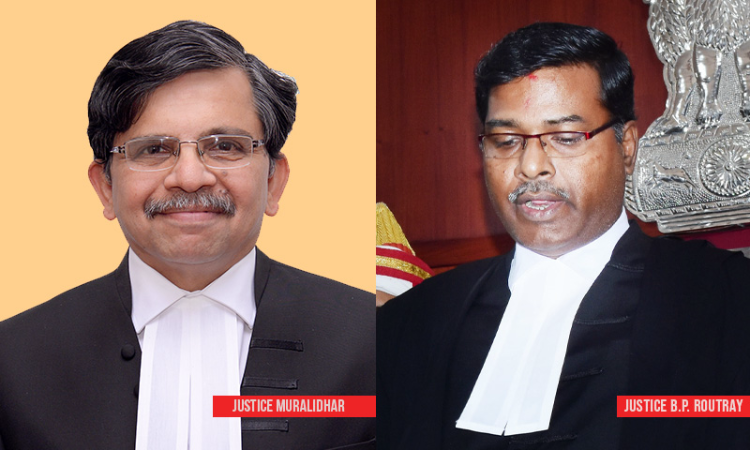"It Is Inexplicable That In A Democracy Manual Scavengers Sacrifice Their Lives For Better Health Of Their Fellow Beings": Orissa HC Orders 10L Compensation To Sanitation Workers' Family Who Lost Life
Akshita Saxena
20 April 2021 11:25 AM IST

Court has directed the concerned State authorities to pay a compensation of Rs.10 lakhs each is disbursed forthwith to the family of each of the sanitation workers who died in the aforementioned tragic incidents.
Next Story


